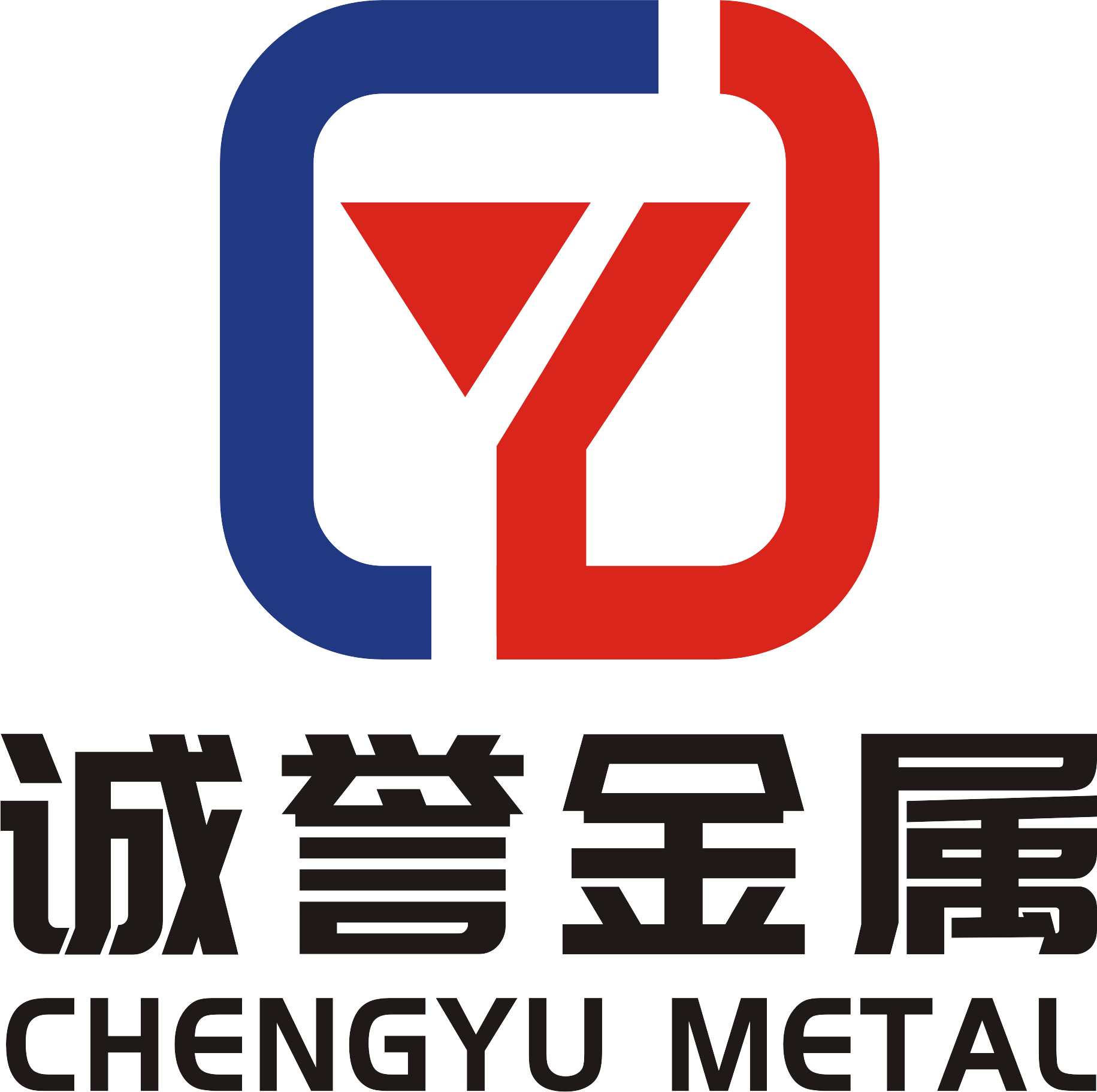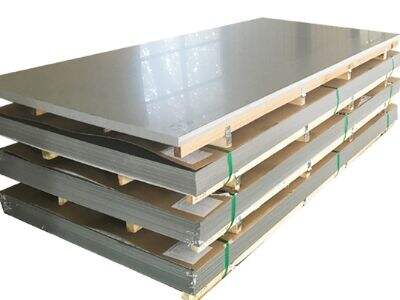Steel with a small s — the type of material that is created by combining iron and carbon. Steel is essential because it is in everything we look around and use almost everyone. Steel comes in different types, which all have unique properties depending on their composition. One is carbon steel, a steel that features significant amounts of carbon in it. A second type is known as alloy steel, which has additional elements combined, such as manganese, chromium, and nickel. These additional elements are able to provide added strength or wear resistance to the alloy steel.
Pultrusion and Extrusion: Competitive Mechanisms
Carbon Steel – Carbon steel is strong and durable. It has this strength, therefore, it is used to construct important structures such as buildings and bridges. Carbon steel is strong and reliable, able to hold a lot of weight without breaking, making it a popular material with builders. On the contrary, industries that require rust resistance and extreme hardness prefer alloy steel. Alloy steel is commonly needed to create airplane components, where tools must perform effectively in difficult workplace environments. As such, alloy steel is extremely useful at locations where safety and sturdiness are paramount.
What You Need to Know
One key thing to know about carbon steel is that it is typically less expensive than alloy steel. Due to its lower price, carbon steel is the preferred material for most projects. It is also easier to work with; workers can cut, shape and weld it relatively easily. Carbon Steel is why it is always the favorite option for those individuals who require to manufacture steel buildings or other products. However, there is a downside. Carbon steel is more susceptible to rusting outside, and when exposed to moisture, it can be easily damaged over time. That doesn’t mean that wood is the best material for every job, especially in areas that might get wet. Thus project managers should pay extra attention to determine which type of steel would suit their requirement the best.
Alloy steel, on the other hand, tends to be more costly than carbon steel. The reason for this increased cost, however, is alloy steel includes those extra elements that lend it special properties. These extra components can make alloy steel extremely strong and long-lasting, so it is commonly found in industrial and commercial applications. Alloy steels can also be designed for weight resistance, so they are not easily damaged. This allows it to be suitable for applications where environmental issues, such as moisture or chemicals, may be a problem.
What’s Right For Your Project?
Depending on which type of steel you select for your project, this can play a massive role, so careful consideration is vital when choosing the right steel type. For a very long-lasting, strong material, carbon steel is likely to be your best bet. It works excellent in applications where strength and toughness are of greatest importance to the design. On the other hand, if you require a product that won’t rust or breakdown as time goes on, alloy steel may be the better choice for your project. It can survive harsher environments and tend to last longer in locations where it might struggle.
Explore what cost, strength, durability, and rust resistance makes for the proper form of steel for your project. The knowledge and experience of a steel expert, whom you can also consult, can also be very helpful. They help you determine which type of steel will best suit the specific needs of your project.
Which Is More Resistant to Corrosion?
As previously mentioned, carbon steel has a greater propensity to rust than alloy steel. So, when carbon steel is exposed to high moisture or chemicals, it can oxidatively corrode and deteriorate faster. And on the other hand alloy steel is the special steel that made to resist rust. That makes it a far superior option to areas where water is prevalent or there is a chemical exposure. Alloy steel can also be treated with special coatings that aid in corrosion resistance.
In conclusion, stainless coil tubing the primary differences between carbon steel and alloy steel still lie within their composition and performance. Carbon steel is generally less expensive and easier to work with but tends to rust and damage more easily over time. Though more costly, alloy steel has qualities that cannot be enhanced such as hardness, durability, and corrosion resistant. The versatility of stainless u channel means that it can provide similar benefits as iron when used in your project, but you should always take into consideration how your project will be constructed and your budget, and consult with experts who understand steel so you know you are making the right choice for your plans.

 EN
EN
 AR
AR NL
NL FI
FI FR
FR DE
DE HI
HI IT
IT JA
JA KO
KO PL
PL PT
PT RU
RU ES
ES TL
TL ID
ID SK
SK SL
SL UK
UK VI
VI HU
HU TH
TH TR
TR MS
MS BE
BE HY
HY AZ
AZ KA
KA LA
LA MN
MN KK
KK TG
TG UZ
UZ KY
KY



